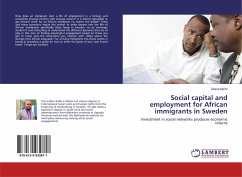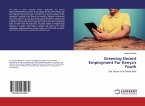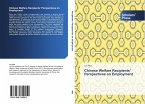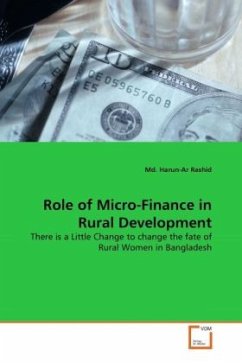Notified on the 7 September, 2005, the Mahatma Gandhi National Rural Employment Guarantee Act (MGNREGA) is a historic legislation passed by the Parliament of India to enhance livelihood security of rural households through guaranteed wage employment of up to one hundred days in a financial year to every household whose adult members volunteer to do unskilled manual work. Creation of durable assets and strengthening the livelihood resource base of the rural poor within a rights based framework is the key objective of MGNREGA. This book is based on a case study of the implementation of the MGNREGA in the Andhra Pradesh state of India. Combining non-participant field observations and focus group discussions with guided semi-structured interviews of all stakeholders, the case study produces compelling evidence of how a wage based anti-poverty programme can provide succour to the poorest of rural poor. The study also makes recommendations for strengthening the programme implementationfollowing the 7 'S' management framework comprising Strategy; Structure; Systems; Staff; Style; Skills; and Shared Values.
Bitte wählen Sie Ihr Anliegen aus.
Rechnungen
Retourenschein anfordern
Bestellstatus
Storno

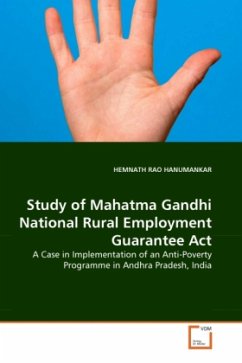


![Employment Workbook [Probation Series] Employment Workbook [Probation Series]](https://bilder.buecher.de/produkte/39/39536/39536238m.jpg)
